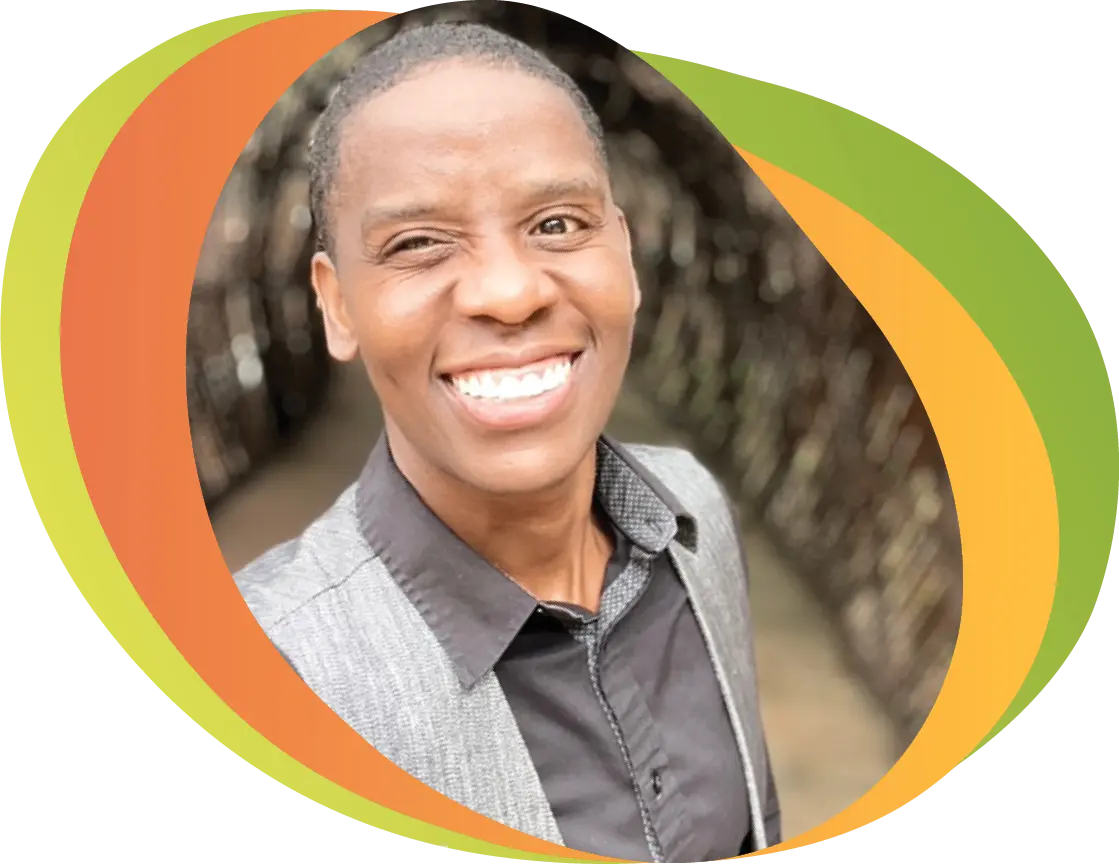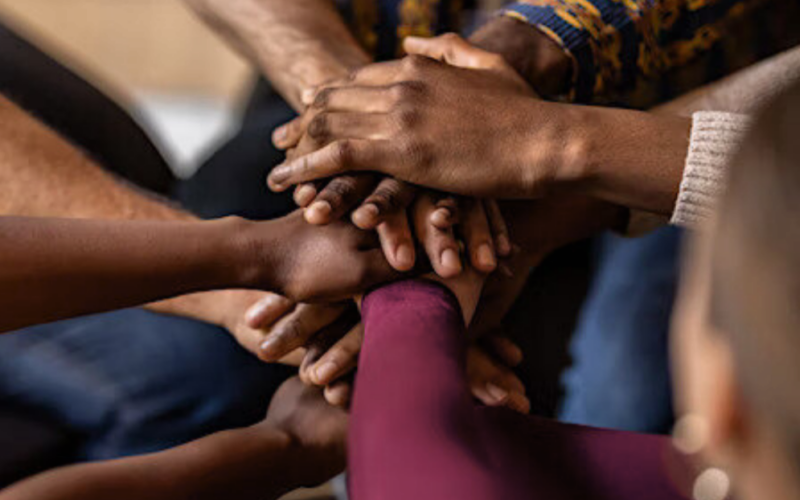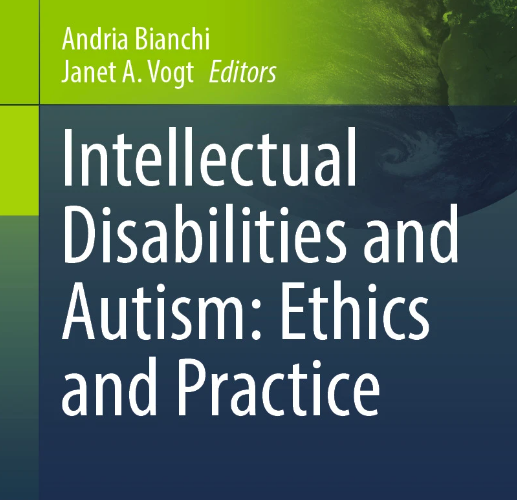FREE WEBINAR SERIES
Unlearning Ableism: Creating New Knowledges, Nurturing Self-Advocacy
November 14, 2024
5:00 – 6:00 p.m.

Join us for an insightful session led by Zahra, a Black woman living with disabilities who has successfully navigated postsecondary education while embracing multiple intersectional identities. In this important discussion about self-advocacy, Zahra’s academic work and personal journey will guide participants through the challenges of ableism and emphasize the need for organizations and stakeholders to adopt practices that empower and uplift people with disabilities.
Whether you’re a high school or postsecondary student with disabilities, a parent looking to nurture your child’s self-advocacy skills, an educator seeking to eliminate ableist teaching methods or part of an organization aiming to create inclusive environments, this session will provide practical tools to support change. Participants will learn to reject traditional, harmful understandings—whether racist, ableist, homophobic or transphobic—that dehumanize individuals with intersecting identities. They will explore new and empowering ways to create change and promote well-being, gain critical self-advocacy skills to thrive in various contexts, and identify, rethink and reframe everyday ableist practices that threaten well-being.
Don’t miss this opportunity to challenge ableist practices and foster meaningful change in your daily life and professional environment. Register now to secure your spot.
Presenter

Zahra
Zahra (B.A., M.A.) is a Jamaican-Canadian citizen with multiple overlapping identities. She is a Black, lesbian, cisgender woman who is often misgendered due to her gender expression. Zahra is also hard of hearing and has mild cerebral palsy.
A graduate of York University, Zahra earned a B.A. in Women’s Studies and an M.A. in Critical Disability Studies. Her thesis, titled “Ableism, Intersectionality, Power and Knowledge: The Complexities of Navigating Accommodations in Postsecondary Institutions,” is available for download on York University’s YorkSpace.
Zahra has a passion for public speaking and advocates for social justice. Her interests include mental health, accessibility, human rights, disability, race, gender and sexuality. Through her critical thinking and feminist perspectives, Zahra has had the opportunity to train, reflect and present on social media, as well as in colleges, universities, nonprofit organizations, conferences and church youth gatherings.
From 2016 to 2019, Zahra worked at Humber College, where she gained invaluable experience co-facilitating various human rights training sessions for work-study students. During this time, she established herself as a respected public speaker.


